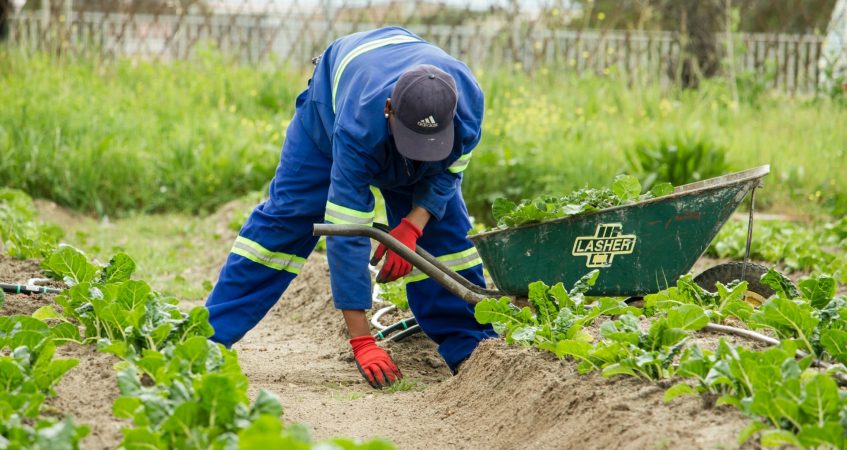Synergies between NGOs are one of the ways to increase effectiveness and impact

14/04/2021
Article published on Vita.it on 14 April 2021
by Roberto Ridolfi, president of Link2007
Current events present us with ever greater clarity a scenario with ever greater and more complex needs, in health, but also of a socio-economic nature.
Italian international cooperation is called to find answers to a complex and interconnected global reality. We are ready? Can new forms of collaboration help to be more effective and increase the impact of the action but also the relevance of common requests?
Alliances and synergies of Italian cooperation in the face of a historic crisis
The pandemic is uncovering a vast pan-crisis , with a growth in inequalities, poverty, needs that require massive commitments and resources. These are distortions that NGOs and CSOs involved in sustainable development have known and fought for decades but which today are taking on an exacerbated intensity.
The pandemic is teaching us that everyone’s health depends on leaving no one behind, otherwise new pandemic cycles may repeat themselves. It is a teaching that goes beyond health. Technology and global interconnection networks are constantly producing new inequalities. Billionaires nearly double their personal wealth in 2020 as ever poorer governments go into debt and hundreds of millions of people join the 1.5 billion already in poverty .
International cooperation is called to find answers to a complex reality in terms of national interests and global sustainability. If on the one hand it is established that it is only by achieving the sustainable development goals that we can save ourselves from increasingly acute crises , on the other we are witnessing an impoverishment of the tools necessary to reach the goal of the 2030 Agenda. In almost all OECD countries there are reductions in the volumes of development aid and Italy continues its negative trend.
However , money is not everything . Italian NGOs, and in particular those of LINK, have an illustrious history and background in cooperation . The testimony of the countries in which they are present, their action “up to the last mile”, the solid partnerships built, the activities that mobilize respectable human and financial resources, the civility initiatives carried forward such as the recent request for access to licenses for anti-Covid vaccines or the “G20 Release” proposal for the conversion of debt by the G20, are there to remind us that there are expertise, stories and structures capable of mobilizing important co-planning and partnerships at an Italian and international level .
However, a further leap is needed. Above all, unity of purpose is needed . The NGOs must show themselves united and speak with a single voice in the dialogue with the institutions and in the solicitations to the Italian and European Parliament, building transversal alliances. The expertise-territories matrix offers a starting point for the articulation of a turning strategy towards unprecedented effectiveness and impact: the recovery plan of the Italian cooperation .
Knowledge of the territories and deep dialogue with the communities are essential for inspiring, preparing and monitoring projects and productive investments by local and Italian actors. An operational and co-planning involvement of the Italian NGOs therefore seems logical also by CDP in charge of investments and – through the Italian institutions – by the EIB or the EBRD or the AfDB. Institutions must push NGOs into international positioning just as the diplomatic system does for the production system. It is in Italy’s interest and other relevant countries have been doing it for some time.
How much synergy will we be able to measure? It will have to be one of the key points. Multiply the synergies between the various components of Italian cooperation: AICS, CDP, MAECI, MEF. And between bilateral and multilateral, credits and gifts, delegated cooperation, emergencies, solidarity, investments, profit and non-profit subjects, in the wake of the 2030 Agenda. They should be thought of under a single operating system, with greater speed, increasing the time for the debate on contents, also rediscovering a renewed spirit in the CNCS, and reducing those of bureaucracy. New but also ancient forms of collaboration can help to be more effective and to increase the impact of the action and the strength of common messages.
